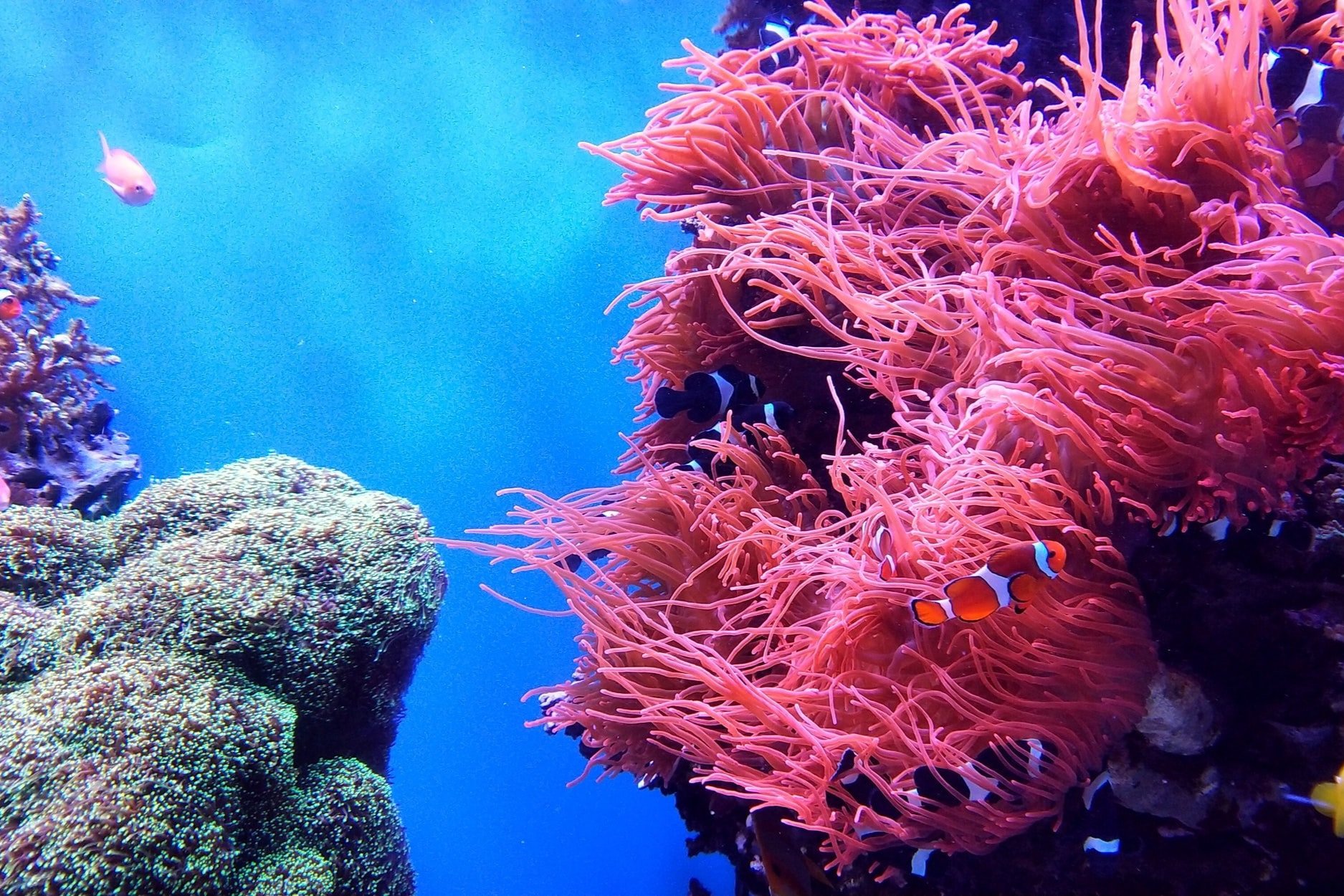The numbers give rise to the reason: in 1950 there were 25 million international tourists. In 2019, nearly 1.4 billion travelers set out to see the world’s cultural and natural wonders — from the Serengeti’s Great Wildebeest Migration to the ancient Inca cities of Peru. There is hardly anywhere left on our planet that tourism cannot reach and with that comes an even greater responsibility to safeguard the very places the travel industry depends upon for business. Sustainable tourism is about helping to protect our fragile planet for future generations.
Beyond Green Travel has been passionately engaged with steering tourism in the right direction from our beginnings. We have proven that doing well by doing good benefits both the planet and businesses alike, and we help like-minded partners - from companies to countries - develop these strategies through our diverse professional services.
the key pillars of sustainable tourism
ENVIRONMENTALLY FRIEndly PRACTICES
‘Going green’ is a globally-recognized concept that encourages innovative environmentally friendly practices that reduce, reuse, and recycle.
Mini Case Study: In French Polynesia, The Brando pioneered the world’s first Deep Seawater Cooling System, which uses renewable energy to provide air-conditioning throughout their resort without the harmful chemicals that contribute to global climate change.
PROTECTING NATURAL
& CULTURAL HERITAGE
When tourism works to protect natural and cultural heritage, it also invests in protecting the very things the tourism economy depends upon for success, while at the same time protecting this heritage for future generations.
Mini Case Studies: The Travel Corporation helps to directly fund the Wildlife Conservation Society Big Cats Initiative to save endangered species and Three Camel Lodge in Mongolia actively supports traditional cultural activities - including the annual naadam festival they organize in the Gobi Desert.
DIRECT BENEFITS TO
LOCAL PEOPLE
When tourism directly benefits local people by contributing to their economic and social well being, they also become active partners in protecting nature, alleviating poverty and celebrating cultural diversity. Benefitting local people is fundamental to sustainable tourism.
Mini Case Study: Big Five Tours and Expeditions partners with Awamaki, a coalition of Andean weavers in Peru, to empower indigenous women and girls with education and financial independence. A portion of every trip sold by Big Five in South America goes to fund the Awamaki women’s collective.



